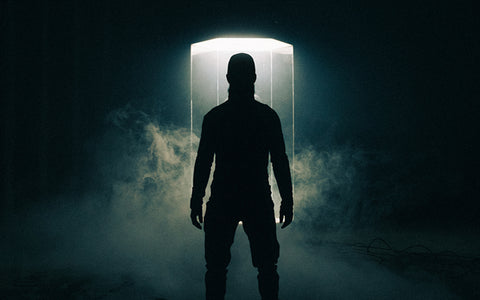I'm not entirely sure, I think it's like 10, 12km-ish.
TD: Okay.
It's just after 119 miles it's going to feel a little... Yeah…
TD: And how have you been balancing the training for that with the demands of the kayak and the demands of the running?
Well, it's okay. I mean, that’s what it's all about it, isn't it? Because working and doing all the other things make life busy. But I do thrive on that, so that's fine. And the other thing I've added in, so the running, I'm kind of alright at running anyway. I just need to practice that distance. And the other thing that I've done is started doing ice swimming once a week. Because I figured that would give me confidence that if I fall in, in the race that I’ve actually practiced that cold water shock. I know how cold my hands will be, I know that I can coordinate myself in the water. So yeah, that's my Thursday mornings currently.
TD: Very nice… and what always interests me, and something we get a lot of interest in from our community as well, is how people find the time to train for these kind of things whilst being as busy as they are? Because quite often you hear people say, “oh I'm too busy for that, you know, I've got too much going on” and so for someone like yourself who is clearly very busy… how often do you train a week? How do you find the time to train for something like this which is clearly not just a walk in the park, it's a really serious event?
I think that's a slight personality aspect of “I don't have that time at the moment” and I think sometimes people's personalities expect that this window will open up where suddenly they have time to put towards some major endeavour, that's never going to happen. So I feel that those people have maybe got a different personality. And I think if you want to do something, for me, it’s the fact that I haven't got to Westminster which is driving me insane. I have to. So I've got to get there. And if it's not this year, it's going to be next year. So I've got to make it happen. And so therefore, yeah, when the alarm goes off in the morning, you're like, OK, I've got to get up.















